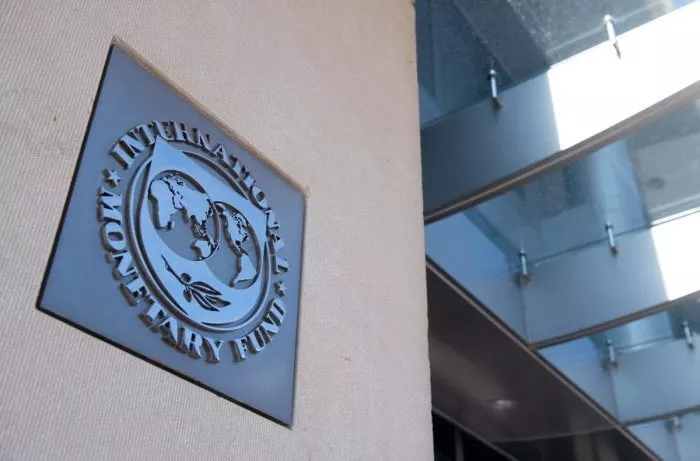Covid-19 downturn not as bad as feared: IMF
IMF chief says outlook for next year is mixed, rife with uncertainties
WASHINGTON:Amid a flood of government spending, the global downturn sparked by the coronavirus pandemic will not be as bad as originally feared, IMF chief Kristalina Georgieva said on Tuesday, but she warned that the crisis is far from over.
“The picture today is less dire...allowing for a small upward revision to our global forecast for 2020,” she said in a speech ahead of the IMF-World Bank autumn meetings next week, when the IMF is due to present its updated forecasts.
In June, the Washington-based crisis lender projected a nearly 5% contraction of global gross domestic product (GDP), but results in the second and third quarters were better than expected.
Georgieva credited the “extraordinary policy measures that put a floor under the world economy”, which amounted to $12 trillion in fiscal support to households and firms.
But she warned governments not to prematurely withdraw the help they have provided, since the outlook for next year is mixed and rife with uncertainties and risks.
After more than a million deaths, “this calamity is far from over. All countries are now facing what I would call ‘The Long Ascent’ - a difficult climb that will be long, uneven and uncertain,” Georgieva said. In the United States and Europe, the downturn, though painful, was not as bad as economists feared at the outset, and China is seeing “a faster-than-expected recovery.”
But the news elsewhere is bad, “In low-income countries, the shocks are so profound that we face the risk of a lost generation,” she added. “There is also now the risk of severe economic scarring from job losses, bankruptcies and the disruption of education.”
Low-income countries have not had the resources to spend as much to support jobs and businesses, and also will need help to deal with their debt burden, including through more grants and debt restructuring.
“Where the pandemic persists, it is critical to maintain lifelines across the economy, to firms and workers,” she said. “Cut the lifelines too soon, and the Long Ascent becomes a precipitous fall.”
But, Georgieva said, “We cannot afford simply to rebuild the old economy, with its low growth, low productivity, high inequality, and worsening climate crisis,” and she called for more spending on green jobs which can generate more employment.
“This will require both stimuli for job creation, especially in green investment, and cushioning the impact on workers,” she said. “Safeguarding social spending will be critical for a just transition to new jobs.”
Published in The Express Tribune, October 7th, 2020.
Like Business on Facebook, follow @TribuneBiz on Twitter to stay informed and join in the conversation.


COMMENTS
Comments are moderated and generally will be posted if they are on-topic and not abusive.
For more information, please see our Comments FAQ